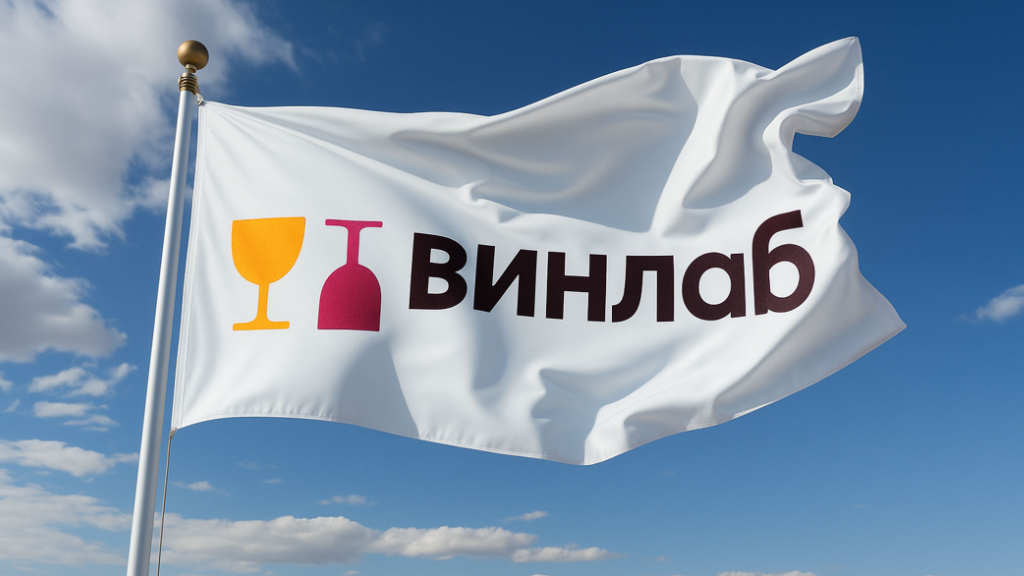In the wake of successful IPOs in Russia over the past two years, another Russian domestic market player has announced plans to list in early 2026. This is WineLab, the retail arm of the Novabev Group, one of Russia’s biggest producers and distributors of alcoholic beverages.
The company said in reporting for the first half of the year that its shareholders voted in favor of raising capital at an extraordinary meeting. “It was also decided to increase the company’s charter capital by issuing additional ordinary shares within the authorized share limit.”
Winelab’s charter capital is ₽544 million (US$6.7 million), with shares having a par value of ₽0.1 rubles each. Winelab had 2,163 outlets at the end of September and has opened 122 since the start of this year.
Winelab’ net profit under International Financial Reporting Standards tripled year-on-year to ₽2.3 billion (US$28.4 million) in the first half of 2025.
Their EBITDA value grew nearly 90% to ₽6.3 billion (US$77.6 million) from ₽3.4 billion rubles as outlets “entered their maturity stage and e-commerce expanded.” Sales revenue rose 24% to 47.7 billion rubles on 11.8% traffic growth and 9.7% average ticket growth.
WineLab is targeting an outlet expansion to around 4,000 outlets by 2029, doubling revenue to around ₽200 billion (US$2.5 billion) and increasing its returning customer loyalty base to 13 million consumers.
There are several reasons for Russia’s recent trend of holding successful IPOs. Firstly, under the threat of confiscations and sanctions, a lot of Russian capital that had been invested in Western markets has now flowed back to Russia. This includes the re-domiciliation of listed companies in Europe – examples here, here and here – back to Russia. This has additionally increased liquidity in Russia and made more investment capital available, as profits are now retained in the country and require investment-grade homes.
Secondly, Russian assets, mainly due to sanctions, are undervalued, and investors see significant gaps between current and realizable values, especially within the Russian domestic market and for those involved in Asian supply chains. Third, the Russian stock market has been underutilized in the past, and Russia has a significantly lower percentage of listed domestic companies compared with other markets. This signifies a pent-up demand. Fourth, the Russian government wishes to unlock available capital currently ‘trapped’ unnecessarily in the assets of state-owned companies and is gradually selling off part of its own portfolio to both raise capital and permit Russian investors to profit from their own holdings in major Russian corporates and MNCs. DOM RF’s listing later this month is a primary example, as is the MTS Bank listing.
Further Reading
Russia To Stimulate IPO Market By Providing Multiple Incentives

 Русский
Русский













